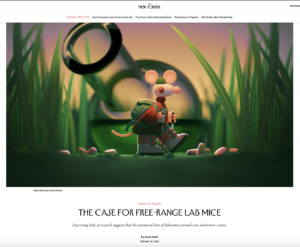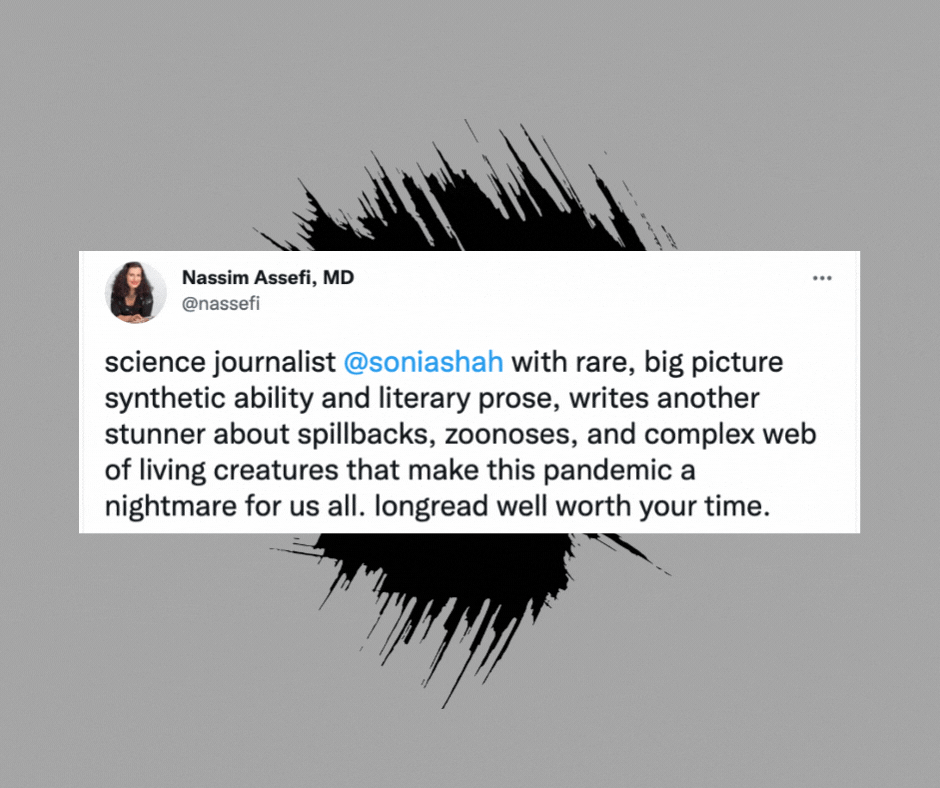For years, the drug industry has been plagued with the problem of finding enough human subjects to take experimental drugs. Each new drug they develop requires about 4,000 patients in clinical trials, who must undergo some 141 separate medical procedures. Increasingly, Americans and Western Europeans are just not that interested. Eighty percent of clinical trials in the West fail to recruit sufficient numbers of subjects, stalling the pace of drug development—and bleeding drug companies of some $1 million each day their potential blockbuster remains locked up in R&D.
Since the late 1990s, drug companies have routed this dilemma by exporting their clinical trials for new drugs to developing countries, where the sick and desperate abound. Last year, GlaxoSmithKline, Wyeth and Merck conducted at least half of their clinical trials for new drugs outside the major markets of the United States and Western Europe. In poorer countries, recruitment is rapid. In South Africa, for example, leading clinical trials company Quintiles reports it recruited 3,000 trial subjects in 9 days, and over 1,300 pediatric subjects in 12 days.
Easy, fast access to lots of sick, untreated patients is what drew Pfizer to Nigeria, too, where no informed consent forms were signed and where no witnesses could attest to the verbal consent the company alleges took place. Pfizer’s lack of documentation may be unusual but there’s plenty of evidence to suggest that the quality of consent in developing countries is generally poor, even when the forms are filled out. In studies in Bangladesh and South Africa, up to 80 percent of subjects enrolled in trials reported that they were unaware that they were free to leave the trial—a clear violation of the standard of voluntary informed consent.
In the West, up to 45 percent of subjects drop out of trials, providing post-factum confirmation of their voluntary consent. Dropouts are disturbingly scarce in trials in poor countries. One New-Delhi-based clinical trials company boasts, in its promotional literature, that it retains “99.5 percent” of enrolled subjects. “Russian subjects don’t miss appointments….and only very rarely do they withdraw their consent,” enthused a typical promotional Applied Clinical Trials article, “Discover Russia for Clinical Research.” “What a phenomenon!”
Pfizer didn’t have to alert the FDA and allow the agency to scrutinize its protocol before its scientists jetted off to Nigeria. Neither the FDA nor its counterpart in Europe requires prior review of trials that are conducted beyond US and EU borders, as they do with domestic trials. In the case of Pfizer in Nigeria, the ethics committee “approval” that the company provided to the FDA—and which the agency silently accepted, in its approval of the drug—was later shown by journalists to have been backdated, because there was no ethics committee at the local hospital when the trial took place.
But the most alarming part about drug company experiments overseas is how very little we know about them. Most drug companies aren’t sued by foreign governments for their unethical clinical trials. Most clinical trials overseas never see the light of day: after all, about 90 percent of drugs that enter clinical trials fail to gain market approval. No scientific papers or newspaper stories are written about them. Our regulators don’t know about them. These failed experiments effectively vanish as soon as they close down.
But while we blithely pop our prescription pills, a generalized sense of exploitation at the hands of Western drug companies grows, from South Africa where antiretroviral drugs are condemned to Nigeria where the polio vaccine was rejected. Unless we start to get serious about regulating these trials, Pfizer’s troubles in Nigeria will only inflame it, with public health impacts for us all.
Over the past few decades, pharma companies have circumvented complaints that they overprice their drugs and ignore the ills of the poor with subsidized drugs and private-public partnerships to spur drug development. But charitable works will not shield them from charges that their conduct of clinical trials on the poor is shoddy. Pfizer, rather than ducking the charges against it, should lead the call for increased regulation of overseas trials—for its own benefit, as well as the rest of us.













